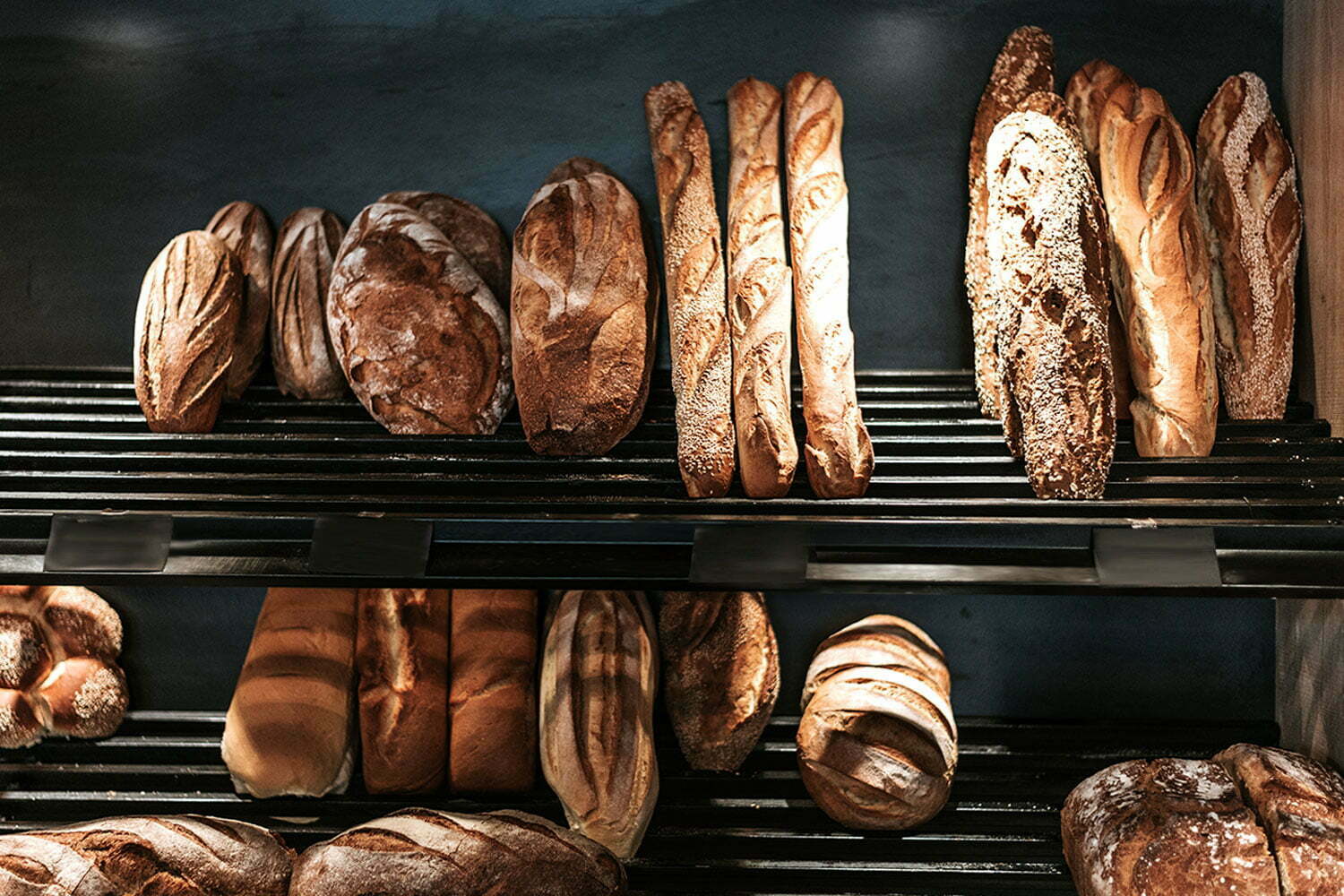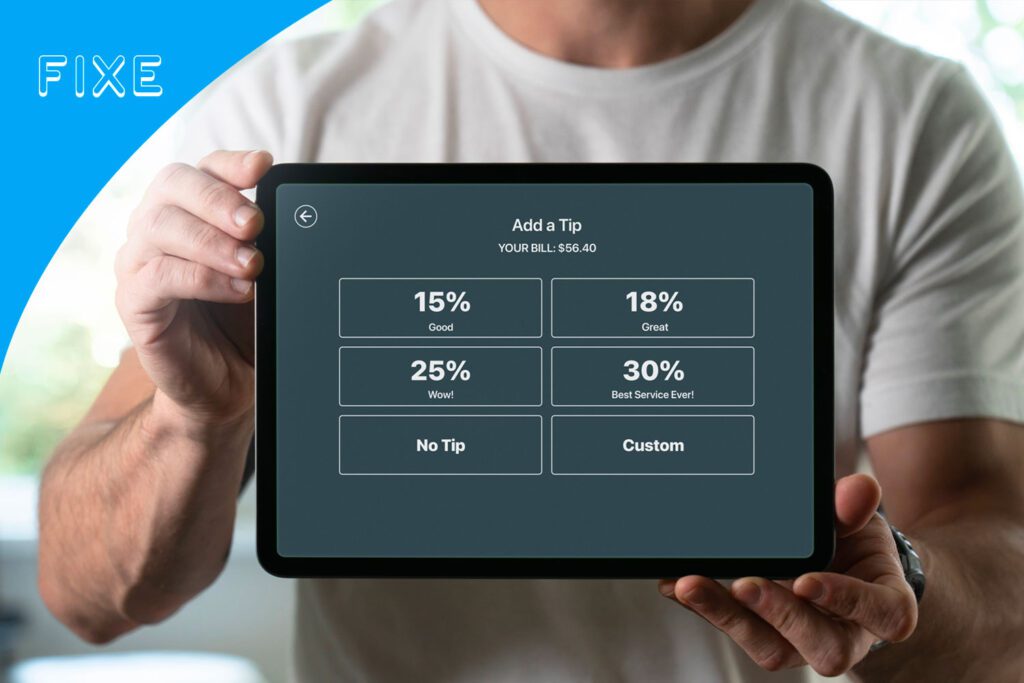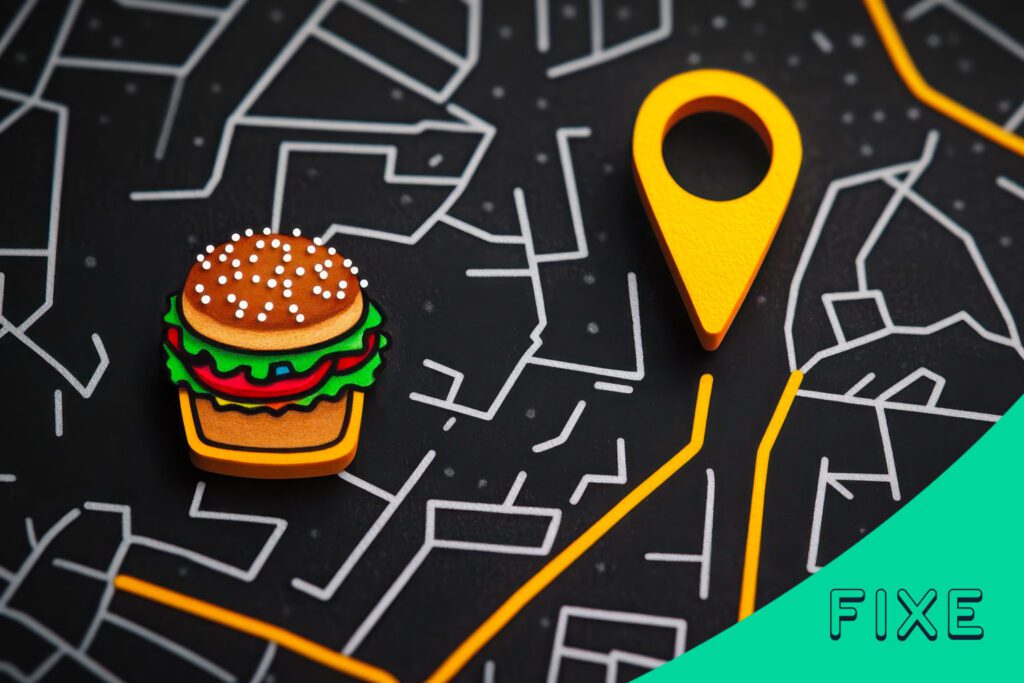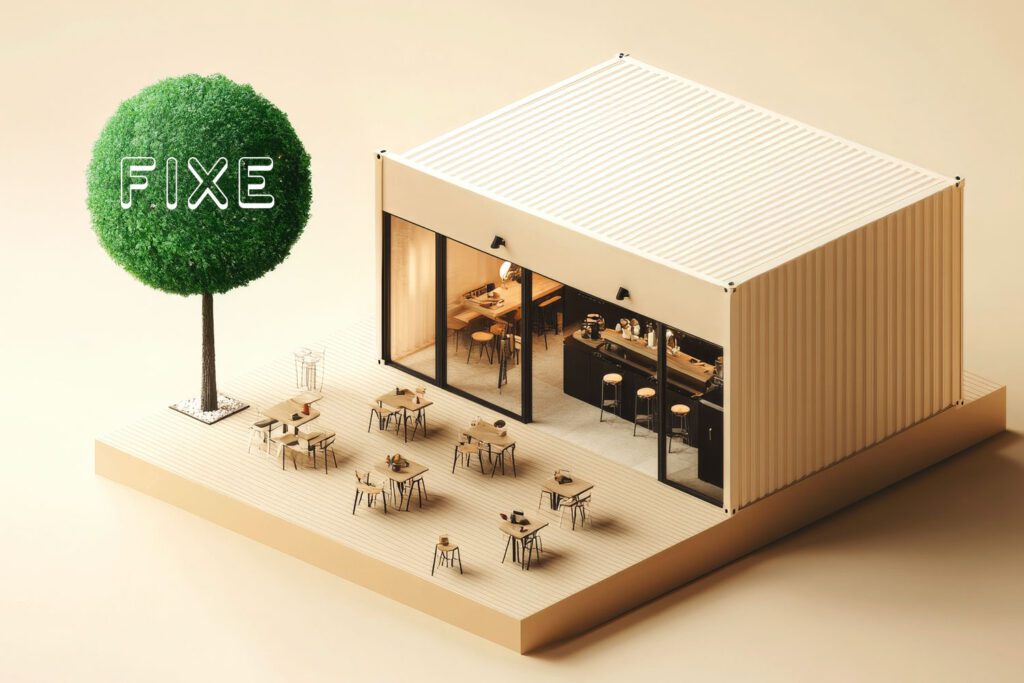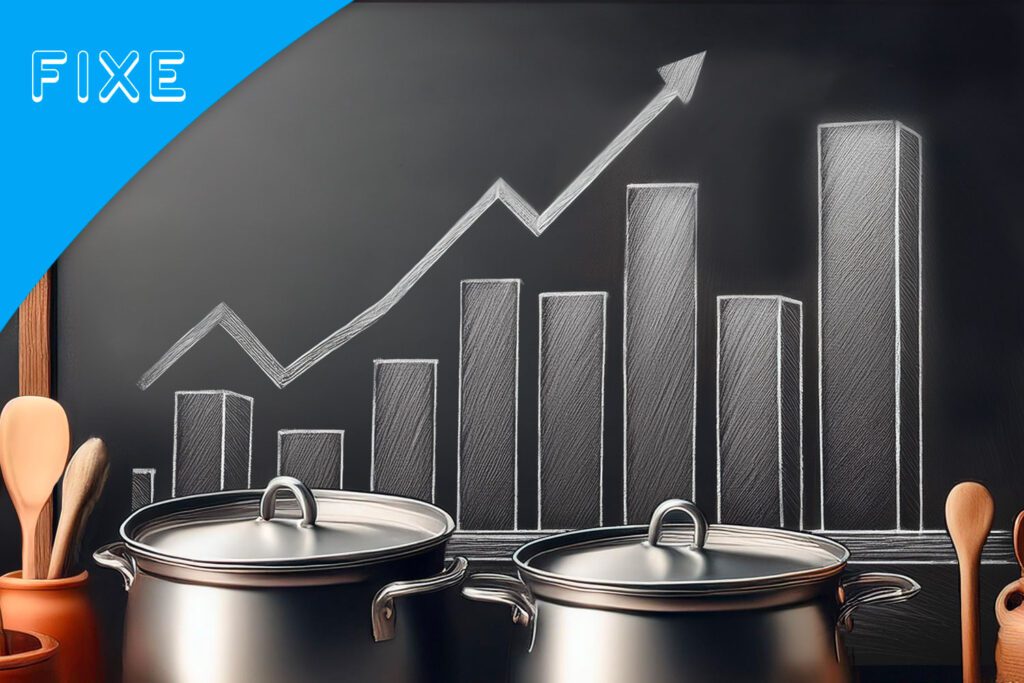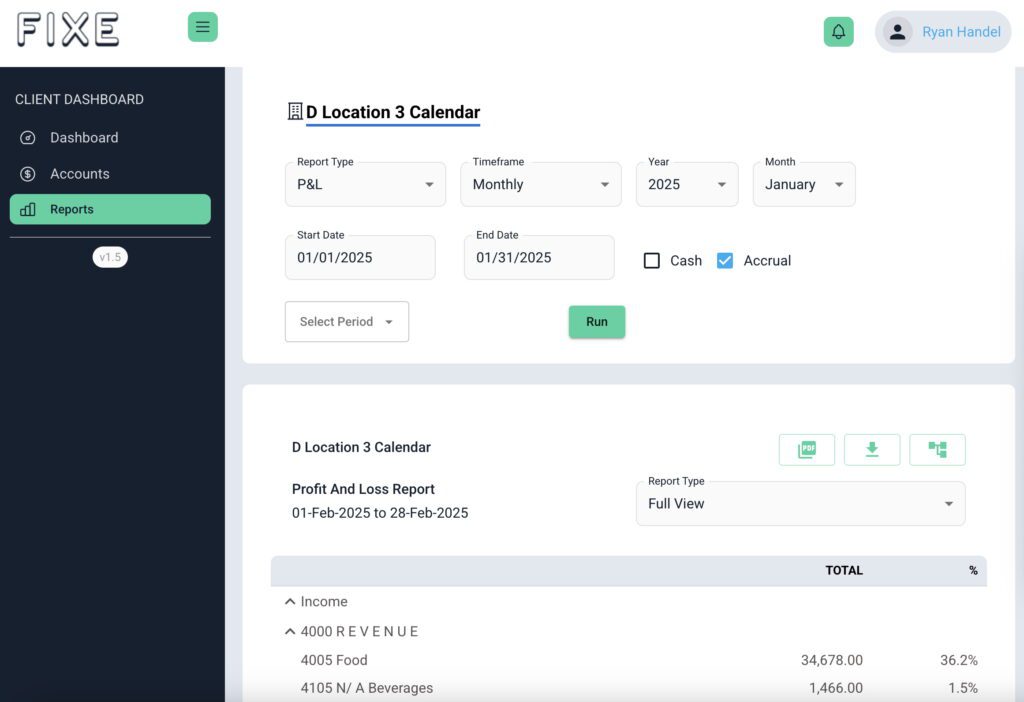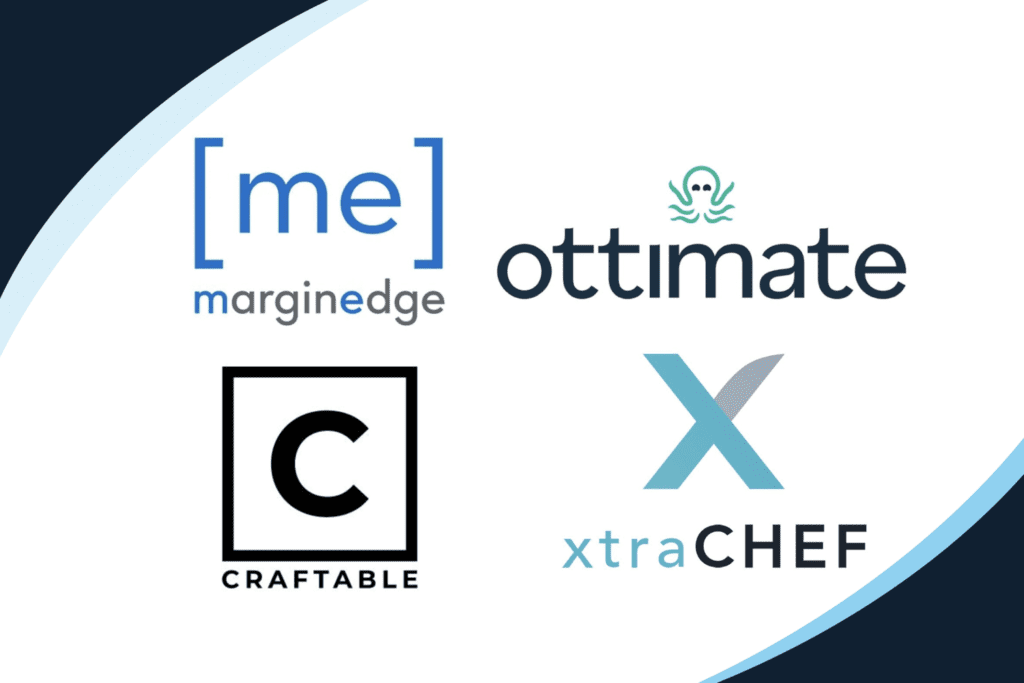Restaurants will always need to make sure they have enough ingredients, utensils, plates, paper goods, etc, in order to make food and serve customers, but does your restaurant need to do inventory on a regular basis? Everyone thinks they need to because everyone tells them to, but if you’re a new restaurant or it’s taking a financial toll on your business, you don’t necessarily need to do it.
Why should or shouldn’t you do inventory?
For restaurants, not only do all of your numbers have to be accurate, and all of the pricing, but you also have to have a person physically at the end of the night, usually on a busy night, go downstairs or wherever inventory is, to get it right. You need to count your stuff and make sure stuff’s not leaving, but you’re wasting money on labor. It’s important down the road, but let’s start at the very basic levels.
- Is the pricing you talked about with your vendors accurate? A lot of times, a restaurant will sign up with a vendor – especially a new restaurant – and the vendor is going to bend over backwards. “We’re going to give you the best pricing.” Then three months later, you don’t even know it, but they’ve raised all their prices.
- Are the commission rates with third party apps like DoorDash, Grubhub and Uber Eats what you negotiated?
- Are you getting any hidden delivery fees that you were completely unaware of?
- Are credit card processing fees what you negotiated?
- Is your overtime in line?
Regardless if it’s accurate or not or if it financially saves you any money, doing inventory on a monthly or weekly basis does provide an added level of oversight that your employees see you doing. It shows them that you care.
If a substantial amount of your business involves buying products in an infrequent cadence, then you should be doing inventory. If you’re a fine dining restaurant that has a lot of liquor and wine – especially wine, because that usually sits on your shelf for a very long time – you 100% need to do inventory. If you’re buying cases of Chateau Margaux from 1984, you’ll probably sell one bottle every six months. You’ve got to count that, because each time a bottle goes missing, it’s $2,000 – $3,000. If you’re not selling all your bottles of Don Julio 1942 in one night, you’ve got to be doing inventory.
When to do inventory
If a bakery has to buy flour in bulk to get the pricing that they want, they should be doing inventory. Flour is a big part of their business, and that doesn’t get used up in one day. And I’m not saying you need to inventory everything in your restaurant, but if you’re buying in bulk – it throws numbers off a lot if one month a bakery gets charged $20,000 in flour and the next month they don’t get charged anything in flour because they didn’t take an inventory to account for it.
Some people ask, “Should I inventory paper goods?” If you’re a concept where the paper good is a product of that item, you should be inventorying it. For example, Bottega Louie sells macarons. Every macaron they sell has a little pink box. Bottega Louie spends a ton of money on paper supplies. They need to inventory that because they’ve got to buy a lot of it and they’ve got to buy it up front.
For fast casual restaurants that turn over their volume on a daily or semi daily basis, like hamburger stands or taco shops, inventory is one of the last things they should focus on. At Tacos 1986, which I’m involved with, we’re not keeping tortillas on the shelf for more than a day. We go through ingredients and buy more the next day. Your restaurant inventory won’t fluctuate that much.
Who should do inventory?
It should be a manager. Probably the same person who closes the door at the end of the night. It should definitely not be the owner. The owner should focus on other things, driving business and bringing in sales and probably 10 other things. I also don’t trust it to be a random bartender because if you don’t have the same person doing inventory each time, there will be inconsistencies, regardless of how streamlined your process is.
Different people might have a different way of counting, or looking at one shelf and not the other, and vice versa. Maybe what one person thinks is half a bottle of liquor, someone else thinks is a third of a bottle. When you have too many cooks in the kitchen, it can lead to inconsistencies.
Make sure whoever’s counting, it’s just a consistent process, month in and month out. Same person. Same process. Same cadence. Also, if it’s something that you’re scrambling to do at the last second, odds are it’s not going to be that accurate.
Softwares we recommend to make inventory easier
Instead of using Microsoft Excel spreadsheets or Google sheets, we recommend COGS-Well and Opsi because those two softwares are very well integrated with our whole FIXE ecosystem.
